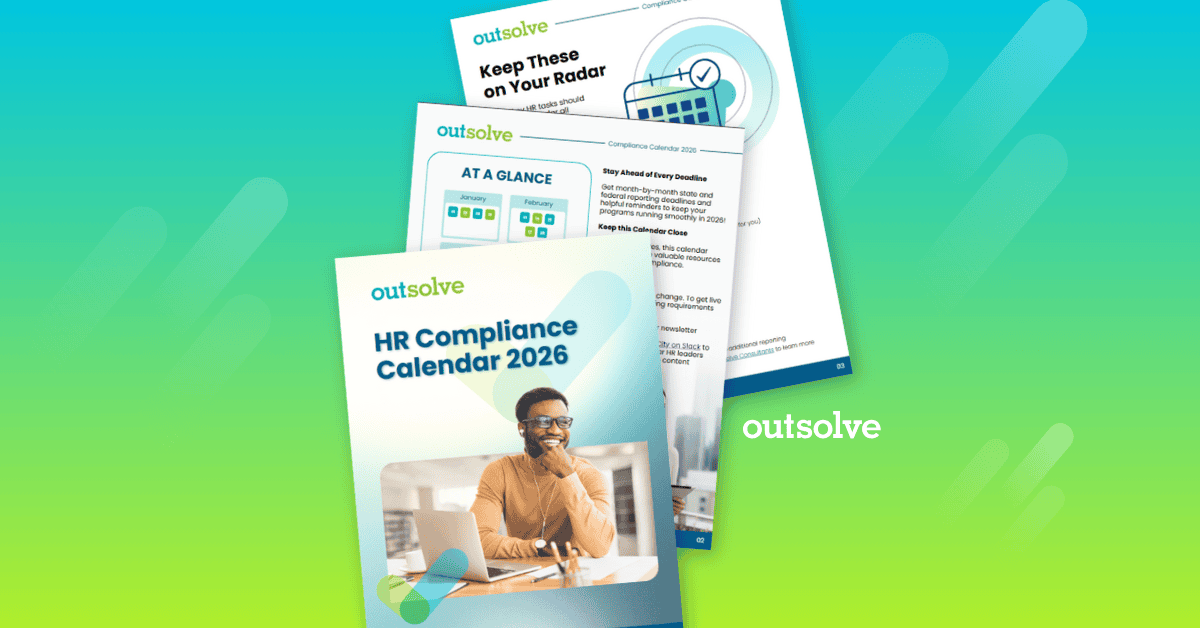Consensual workplace relationships cause a headache for HR reps as the EEOC reviews the previous harassment charges.
Spring is almost here. We see flowers blooming wherever we go. This is the time for love! For many people, these things all bring smiles to the face. For HR professionals, however, love and romance might not have the same effect if it occurs in the workplace.
Consensual relationships at work can be a headache for HR professionals and create a liability for companies. They are wonderful when both parties are happy and can turn into nightmares when one or both parties are unhappy.
Years ago, when I first began working for the Equal Employment Opportunity Commission (EEOC), many companies had non-fraternization policies. In effect, the policy stated employees could not date. I found those policies amusing for a number of reasons. Most people spend more time at work than any place else, so it stands to reason two employees may meet and decide they want to date. In addition, the funniest part to me was how the company planned to enforce its policy. Were supervisors going to follow employees around in the evenings to see whom they were dating? Would they get overtime for their detective work? Total non-fraternization policies just seemed to me to be unenforceable and therefore, useless.
Many companies have put workplace-dating policies into effect that say a management employee cannot date a non-management employee.This policy seems more reasonable, but even this type of policy can cause issues. What do you do if one employee of the couple is promoted to a management position while they are dating, and the other doesn't? Do you tell them they have to break up or turn down the promotion if they want to continue to date?
I certainly understand not wanting one spouse to supervise the other at work. I think everyone can see the problems with this scenario. One of the issues being other employees believing the non-supervisory spouse is receiving preferential treatment. Consider if the couple has an argument before work, and the management employee decides to prove a point and retaliates against the non-management employee by taking a tangible employment action. We all know our employees don't leave their personal lives at home. If the couple is not married, the non-management employee may allege retaliation. The allegation may not be substantiated; however, it could cause the company to investigate if the non-management employee complains to HR.
So, what do you do about consensual relationships? Some companies require employees to report if they begin dating. Do you really need to know when two of your employees decide to go to dinner and a movie? More importantly, do you have the time or inclination to deal with these situations? If you have a policy that says serious relationships need to be reported, who determines what is serious? There are examples online of consensual relationship agreements you can have employees enter into when they begin dating. I suppose I had never considered such documents being in the workplace.
Consensual relationships are a nightmare for EEOC investigators when one party ends the relationship and the other one wants to continue it. Trying to determine at what point the relationship became unwelcome is very hard in most cases. Once the conduct becomes unwelcome for one party, if the behavior is sexual in nature and continues by the other party, the company may become liable for sexual harassment. If one party is a manager and takes a tangible employment action against the other party, the company will have an uphill battle to defend itself. If the two parties are co-workers, there may still be a liability if one reports the unwelcome behavior and the company does not take immediate corrective action. It has been my experience that when most couples break up, there is no paper trail to follow, so the investigation involves credibility assessments.
I don't know what the answer is regarding workplace romances, but I think it is something to consider. In fiscal year 2018, 15.9% of the charges filed with EEOC alleged sexual harassment. In fiscal year 2019, 16.8% of the charges filed alleged sexual harassment. EEOC recovered $68.2 million for victims of harassment in fiscal year 2019. This figure does not include what was recovered through litigation. It seems to make business sense to at least consider how consensual relationships could affect your business.
If you would like additional information and/or training on sexual harassment, feel free to reach out to me at eeoadvantage@gmail.com, or at (502) 553-7648. I will be happy to talk with you.
President at EEO Advantage, LLC
Weekly OutLook
Featured Posts

New Year, New Deadlines: 2026 HR Compliance Calendar

outRageous HR: Plan Now or Pay Later
Related Posts

In-House or Outsourced I-9 Management: Which Is Best for Your Organization?
Every U.S. employer, regardless of size or industry, is required by law to confirm each new hire’s identity and verify that they are authorized to...

outRageous HR: Building a Compensation Strategy That Actually Works
If your compensation strategy is mostly “gut feeling” plus whatever you did last year… it’s time to rethink your approach.

HR Compliance Checklist: What Every HR Pro Needs to Know
During times of sweeping change to federal laws, and with new state laws being enacted, it's more important than ever for HR professionals to ensure...
 Toni Ahl
Toni Ahl
